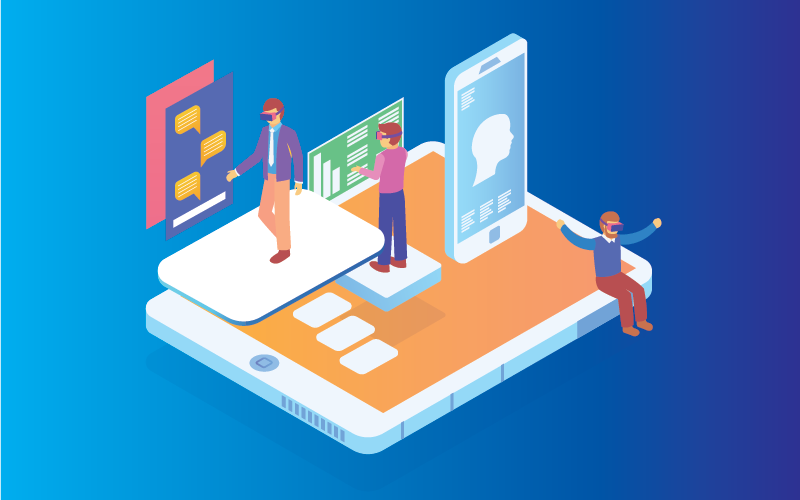In the fast-paced and dynamic landscape of the modern workplace, technology plays a pivotal role in enhancing efficiency and productivity. One such technology that has become ubiquitous in professional settings is the Android operating system. With its widespread adoption and continuous updates, Android has evolved to meet the diverse needs of businesses. In this blog post, we will explore the integration of Android in the workplace, focusing on its latest version and the challenges that organizations may encounter.
The Evolution of the Android Ecosystem in the Workplace
The heartbeat of the Android ecosystem lies in its operating system, and organizations are keen to harness the capabilities of the latest version to stay ahead in the competitive business world. At the time of writing, the latest version is Android 12, released with a plethora of features designed to elevate user experience and security. From a workplace perspective, Android 12 introduces enhanced privacy controls, a revamped user interface, and improved performance. What Android’s latest version brings to the table is not merely aesthetic upgrades but a commitment to addressing the evolving needs of users in a professional setting.
Privacy Enhancements in Android 12
One of the notable features of Android 12 is the increased emphasis on privacy. With the rising concerns surrounding data security and privacy breaches, organizations are more vigilant than ever. Android 12 responds to this demand by giving users more control over their data. Enhanced privacy dashboard, microphone and camera indicators, and the ability to disable app access to sensitive information are some of the features that align with the security requirements of workplaces. As businesses handle confidential information, the robust privacy features in the latest Android version become a critical asset.
Furthermore, the revamped user interface in Android 12 enhances the overall user experience, a factor that is equally significant in a workplace environment. The streamlined design, improved animations, and customizable themes contribute to a visually appealing and user-friendly interface. For professionals who rely heavily on their mobile devices for work-related tasks, a smooth and intuitive user experience translates to increased productivity. Android 12’s commitment to user-centric design aligns with the growing trend of mobile-centric workplaces.
Advantages and Challenges of Android Integration
Despite the numerous advantages that the latest Android version brings to the workplace, organizations may encounter challenges during the integration process. One primary challenge is the diverse range of devices running on the Android platform. Unlike Apple’s iOS ecosystem, Android is present on a multitude of devices manufactured by various companies. This diversity can lead to compatibility issues and fragmentation, where certain features may not function uniformly across all devices. Organizations need to carefully navigate this challenge by implementing comprehensive testing procedures and adopting device management solutions to ensure a seamless experience for all users.
Additionally, security concerns persist, even with the enhanced privacy features in Android 12. Organizations must stay vigilant against potential threats and continuously update their security protocols to safeguard sensitive information. As employees use their Android devices for both personal and professional tasks, the risk of malware and data breaches is heightened. Implementing robust security measures and educating employees on best practices are crucial steps in mitigating these risks.
Navigating the Dynamic Landscape in the Android Ecosystem
In conclusion, the integration of Android in the workplace is a dynamic process that requires a balance between leveraging the latest technological advancements and addressing the associated challenges. The latest Android version, Android 12, brings valuable features that cater to the evolving needs of professionals, particularly in terms of privacy and user experience. However, the diverse Android ecosystem and ongoing security concerns necessitate careful planning and proactive measures from organizations. As the workplace continues to evolve, the Android ecosystem remains a key player in shaping the future of mobile-centric professional environments.

